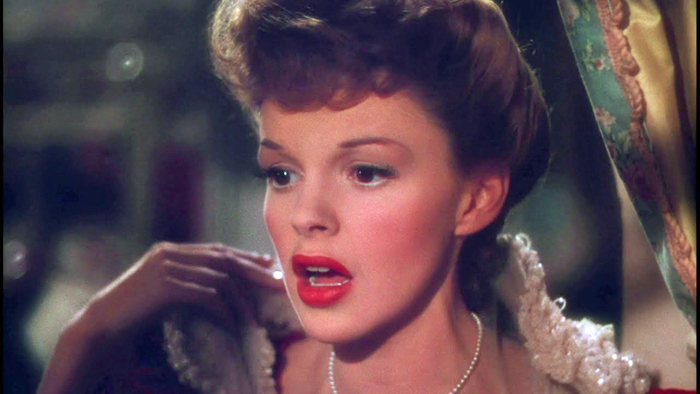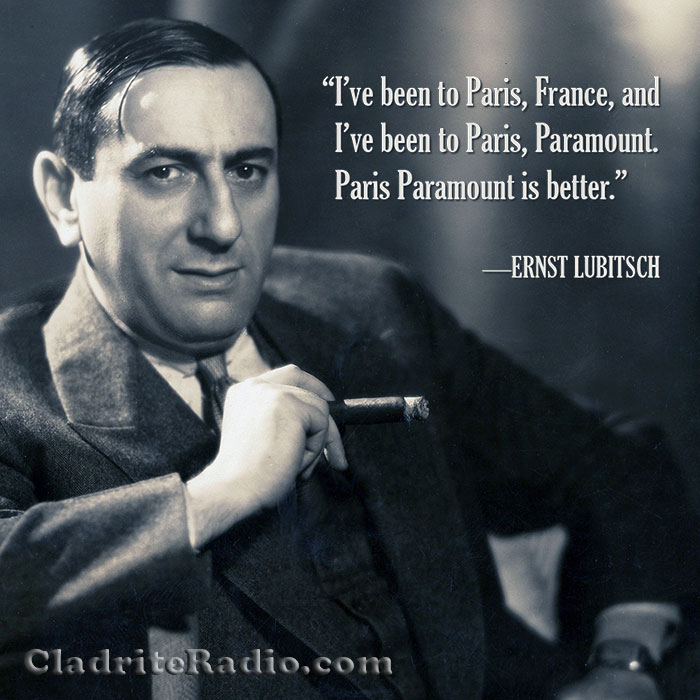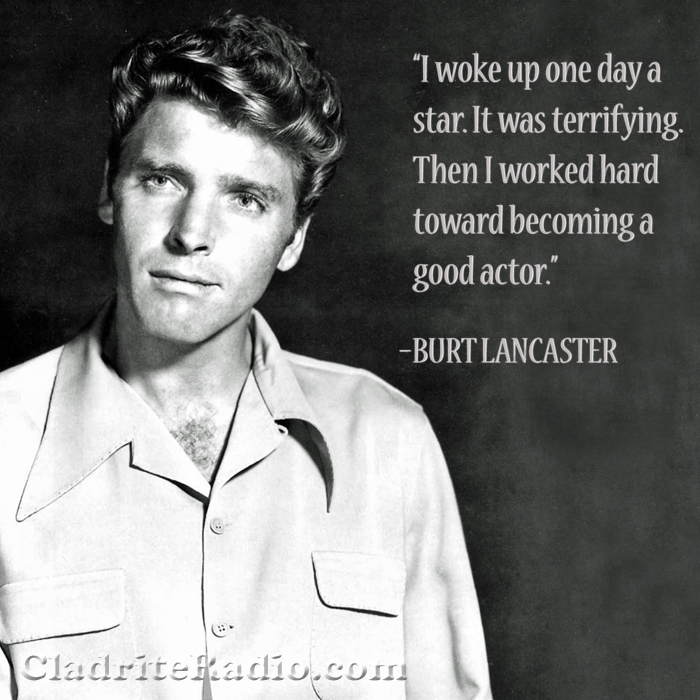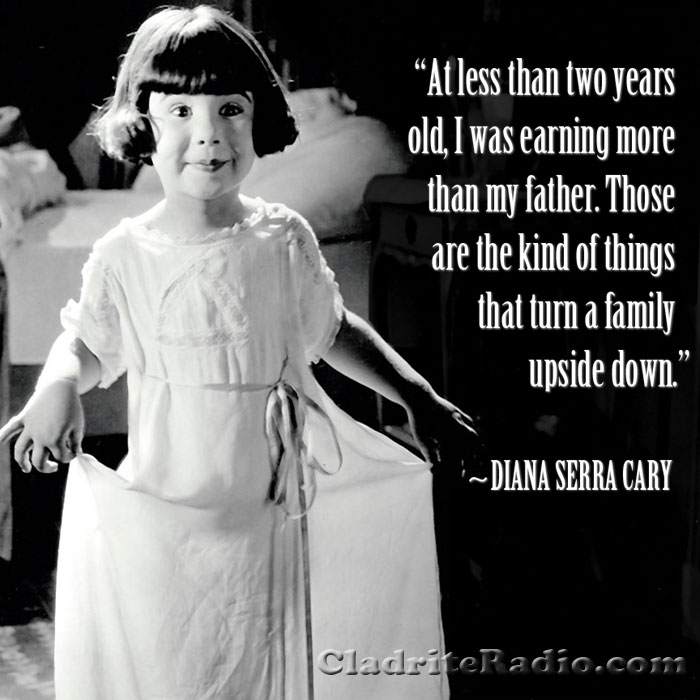Our favorite Christmas song has long been Mel Tormé and Bob Wells’ The Christmas Song, made famous by Nat “King” Cole (and really, no one else need tackle the song—every other artist who’s taken a stab at it has fallen short, in our eyes), but coming in a close second is Have Yourself a Merry Little Christmas, credited to Hugh Martin and Ralph Blane (though Martin has since claimed he wrote it alone, with Blane’s encouragement) and introduced by Judy Garland in Vincent Minnelli‘s Meet Me in St. Louis (1944).

From its familiar opening lyrics—Chestnuts roasting on an open fire, Jack Frost nipping at your nose, yuletide carols being sung by a choir, and folks dressed up like Eskimos—The Christmas Song celebrates an idyllic holiday season, but let’s face it, for many, the holidays carry with them a tinge of melancholy—especially in difficult times like these—and Have Yourself a Merry Little Christmas openly acknowledges the bluer side of the yuletide.
In the lyrics as we know them, that melancholy is leavened by a certain “keep-your-chin-up sticktuitiveness,” but it wasn’t always so.
The first set of lyrics Martin delivered, which I found in this very informative 2007 Entertainment Weekly story by Chris Willman, were downright maudlin, intended to fit the mood of Garland’s character, who, at the point in the picture at which she sings the song, is upset that her father is moving the family from her beloved St. Louis to New York City.
The story has it that director Minnelli and Garland urged Martin to come up with something just a bit less gloomy, and he agreed, soon delivering a second set of lyrics, the ones Garland sings to young sister Margaret O’Brien in the movie.
Then, in 1957, Frank Sinatra, who was recording a Christmas album called A Jolly Christmas, asked Martin to kick the the Christmas cheer up yet another notch. He specifically asked the composer to revisit the line in the final verse about “muddling through,” and that’s how we came to have the line about hanging a shining star upon the highest bough in yet a third set of lyrics to the song.
Most folks are familiar with versions two and three—Linda Ronstadt melds the two sets of lyrics in her recording of the song—if not with the original gloomy lyrics.
But did you know Martin wrote a fourth set of lyrics? In 2001, the composer, then 86 years old, wrote an overtly religious set of lyrics to the song, entitled Have Yourself a Blessed Little Christmas.
Listen: Judy Garland—Have Yourself a Merry Little Christmas
Listen: Frank Sinatra—Have Yourself a Merry Little Christmas
This post originally appeared in slightly different form on December 10, 2010.




